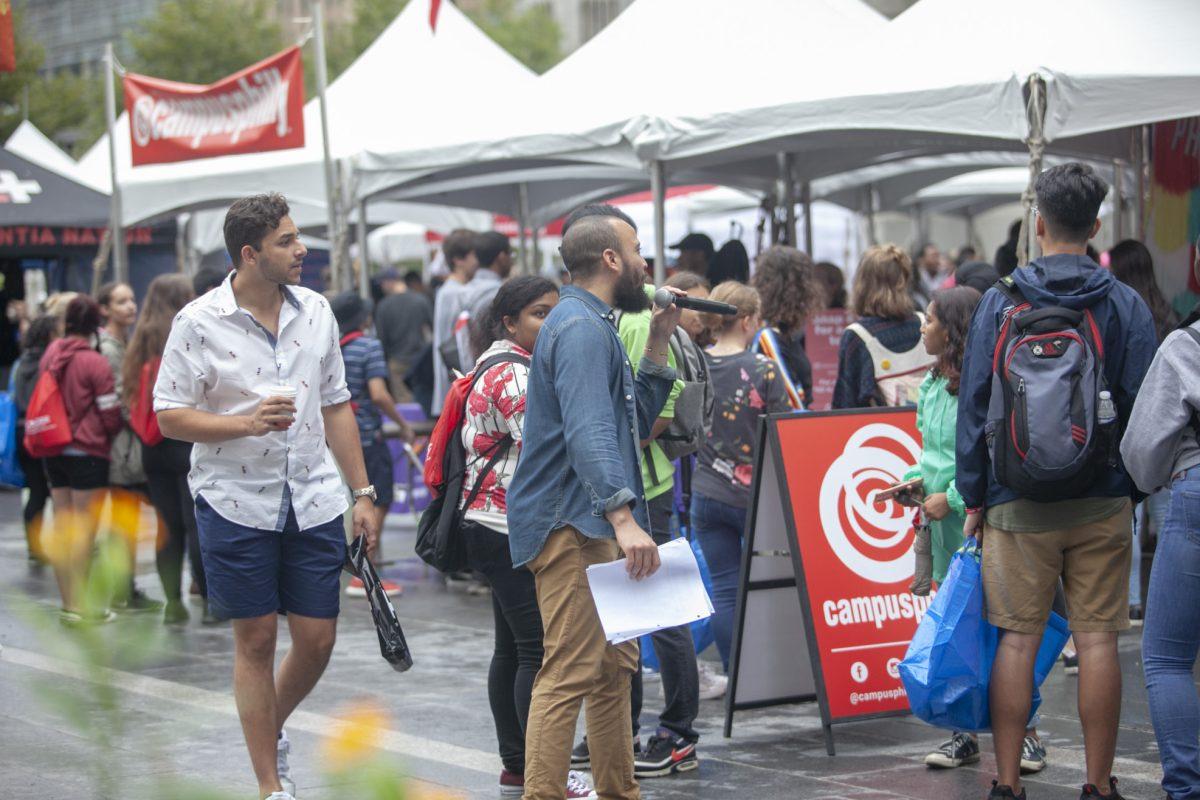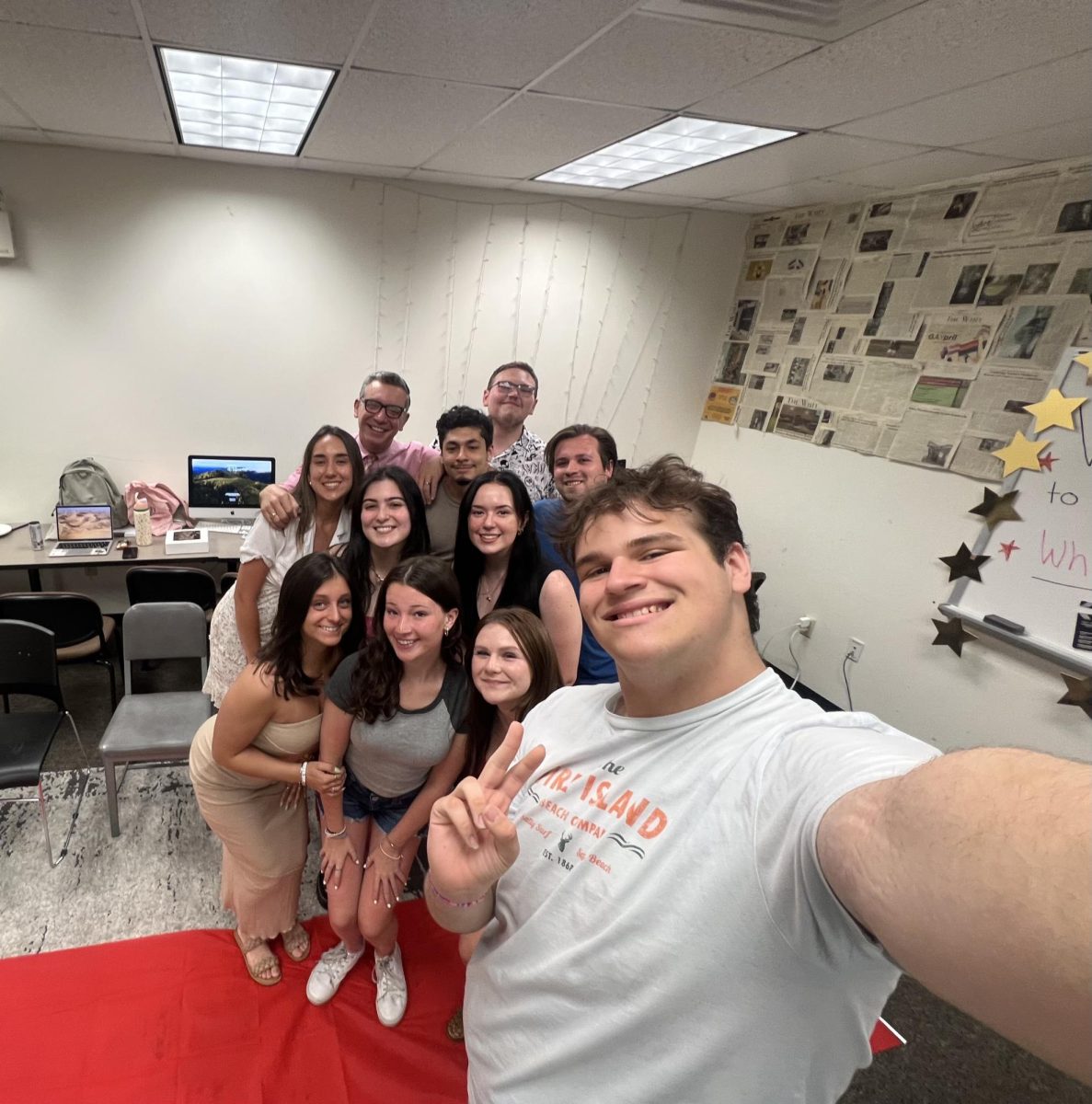Over this past weekend, as I sat in self-isolation, I watched the Snapchat stories of a Rowan alumna at a bar on Saturday, knowing she would be back in her classroom full of young students first thing Monday morning.
I stared at the Instagram picture of a nursing student celebrating St. Patrick’s Day on a Sunday bar crawl, accompanied by the caption, “Couldn’t let a lil pandemic ruin our [day].”
I gawked at the Snapchat videos posted by a first-year medical student laying on the beach, kayaking and playing golf in Florida, thousands of miles from his hometown.
I read headlines about millennials taking advantage of cheap flights with the mentality, “If I die, I die.” I received messages from an aspiring doctor telling me that more people die from the flu, yet we do not worry about it, so we should not worry about COVID-19 and I have witnessed the dissemination of false information across all social media platforms.
At first, I was stunned. Then the initial shock quickly dissipated into a combination of disappointment and frustration. My 20-something peers pose a great threat to not only their own health, but the health of those all around them. I am curious as to whether the blindness to the repeated call for social distancing for mitigation of COVID-19 spread is due to indifference, lack of understanding of a global pandemic or a combination of both, among other factors.
Times of heightened uncertainty require rapid response by leaders at every level. Institutions of higher education and federal government officials are those we look to in times of panic and stress. Every moment of inaction and silence is a moment lost, placing us further behind in slowing the transmission of COVID-19 and expediting our path to overwhelming the U.S. healthcare system.
The university has lagged in providing explicit directives to students, staff and faculty. The Campus Recreation and Fitness Centers were open until Governor Phil Murphy’s mandate for gym closures on March 16, 2020.
Research activities have been significantly ramped down or even shut down at other institutions to ensure social distancing and isolation; however, similar instructions failed to reach researchers until March 18, 2020, the day by which higher education institutions were to be closed. Although each researcher’s work is valuable, no experiment is worth jeopardizing human health and the possibility of overwhelming our healthcare infrastructure. Not shutting down the campus poses a public health risk to all those within the Rowan and Glassboro communities.
As I currently sit in my room, in which I will remain for the next two weeks due to self-quarantining after having commuted to New Jersey from Boston, Massachusetts, I ask those students who can return home to do so to help “de-densify” the area and ask those who remain on-campus to diligently practice social distancing.
Although we do not know when, once this ends, as it will, do not forget that you turned to books, art, dance and music for solace. Do not forget to virtually check in on friends and family and to practice self-care. Public health experts have repeated that the actions taken this very week can determine if the current situation transforms from a crisis into a catastrophe.
I beg each of you to do your small part by staying home and to act responsibly and respectfully to help protect not only your own health, but also the health of your grandparents, friends, coworkers, healthcare and retail workers and everyone else in between and beyond.
Mahaa M. Ahmed is a MS student at Harvard T.H. Chan School of Public Health and graduated from Rowan University in 2019. The views presented here are completely his own.
For comments/questions about this story, email [email protected] or tweet @TheWhitOnline.

























































































































































!["Working with [Dr. Lynch] is always a learning experience for me. She is a treasure,” said Thomas. - Staff Writer / Kacie Scibilia](https://thewhitonline.com/wp-content/uploads/2025/04/choir-1-1200x694.jpg)










































